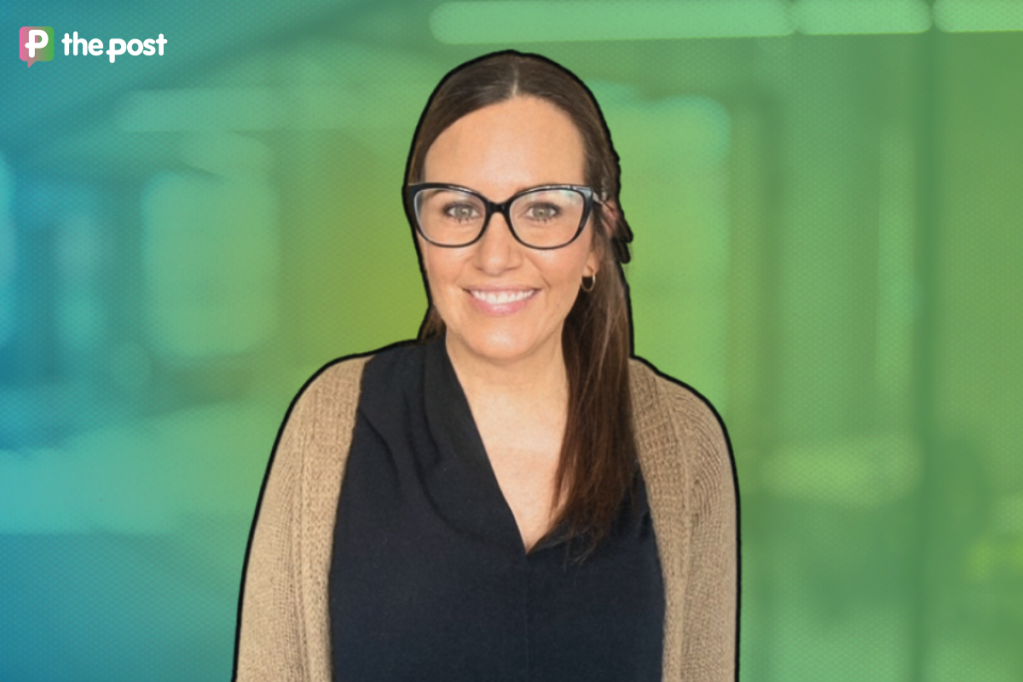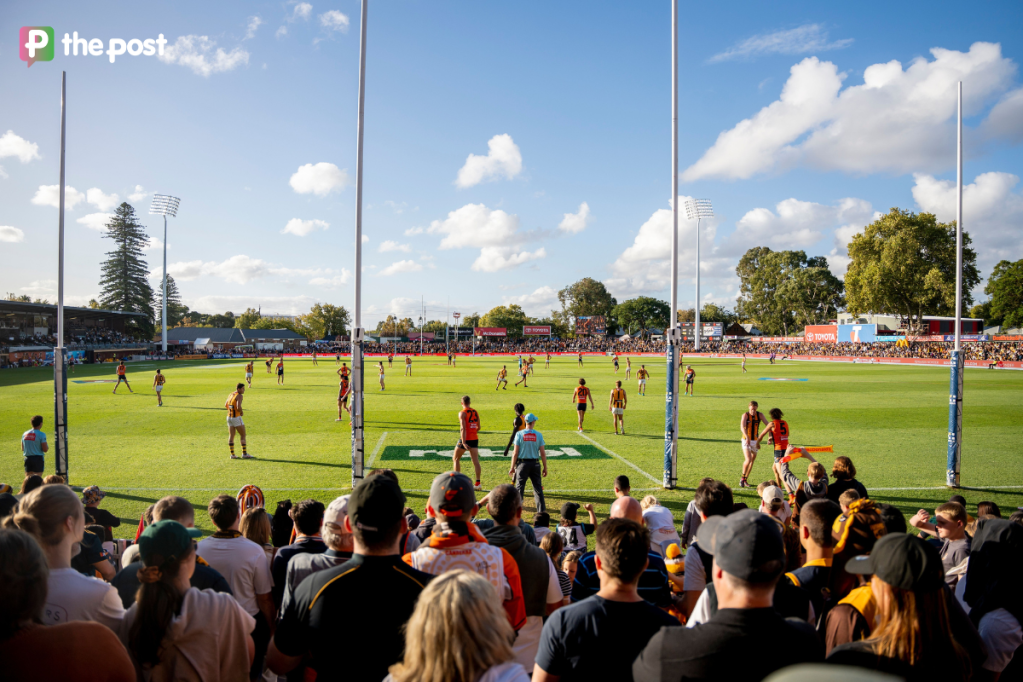Empowering the next generation of workers this SA Youth Week
A spotlight is being cast on the rising number of workplace injuries among young workers in South Australia this SA Youth Week.

A new program has been launched this week – SA Youth Week 2025 – in response to a rising number of workplace injuries among young South Australians.
SA Unions partnered with insurance provider EML Group to launch the program that focuses on equipping young workers with the knowledge they need to stay safe at work.
Eighteen-year-old June, an employee in the retail industry, told InDaily that work environments can be unsafe for young individuals.
“A colleague of mine tripped over a cable from a fan because the shopping centre refused to fix the air-conditioning. They fell hard and broke their arm. The worst part? It should never have happened,” June said.
“This changed the way I look at my safety at work because something so simple that you wouldn’t think is a hazard can be a lot more dangerous.”
Workplaces provide safety training as a simple tick off in the onboarding process, June said.
You might like
“We receive training about how to be safe at work and how to report incidents,” June said.
“But we don’t get told, hey, if you feel unsafe in your job, you are allowed to speak up about it even if it isn’t a recognised hazard.”
According to data from Employers Mutual Limited (EML) and Safework Australia, workplace injuries among young workers aged 18 have doubled in just five years, and an average of 13 young workers in SA are undergoing serious injuries every week.
The numbers highlight the emergence of a trend where young individuals are increasingly entering high-risk industries such as construction, manufacturing, retail, and hospitality, unaware of their legal rights to speak up in unsafe environments or the support needed to address the risks that come with it.
Behind the numbers also lies a deeper issue: a system that no longer prepares young individuals with adequate workplace literacy.
The updated Australian Curriculum places a strong emphasis on profit margins, productivity, and global competitiveness, with little room for exploring what it means to be a worker in an environment that is prone to risks, the responsibilities of employers, and the rights of employees.
Stay informed, daily
The Work Studies subject was removed from the Australian Curriculum, with teachers instead encouraged to focus on “Processes that businesses use to manage the workforce and improve productivity, including the role of entrepreneurs”.
“Young workers in fast-paced work environments, especially fast-food, constantly feel pressured to just focus on doing the work effectively and not think about their safety,” June said.
“They feel if they try to speak up about something like this [workplace safety], they will lose their hours or won’t be seen as a good worker.”
To bridge the knowledge gap, SA Unions has partnered with EML Group to launch SA Young Workers, an education initiative that seeks to empower young workers to know their rights and be safe at work.
“SA Young Workers is more than just an education initiative, it’s about empowering young people to stand up for their rights, demand safe conditions, and prevent avoidable injuries,” SA Unions secretary Dale Beasely said.
“As injury rates for young workers climb, SA Unions is making it clear: young workers deserve better, and change starts now.”
The program partners with schools, TAFE, and youth organisations to better prepare youth through workshops on workplace rights, health and safety, and navigating issues that may come with working in high-risk industries.
EML general manager South Australia Jarrad Wegener said the program was “particularly important for those entering the workplace early in their careers”.
“EML Group takes great pride in partnering on the establishment of SA Young Workers, combining our expertise with the commitment of SA Unions to reduce the harm, through creating safer workplaces, raising awareness and helping those injured at work recover and get their lives back.”








